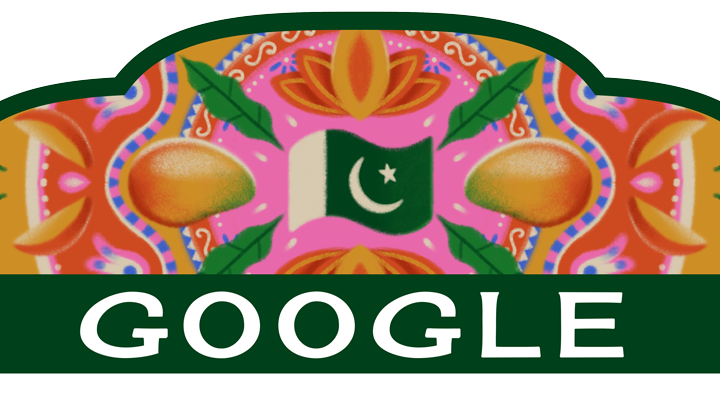On July 20, the day the International Chess Federation (FIDE) was established in 1924, you celebrate the game of chess.
UNESCO came up with the concept to observe this day as international chess day, and it has been done so ever since FIDE established it in 1966. National Chess Federations from 199 countries make up the organization’s affiliate membership at this time.
Games and sports have historically aided humans in surviving difficult times by lowering anxiety and improving mental health. Chess has shown incredible durability, adaptation, and a very powerful convening power in times of pandemic, while the coronavirus outbreak has pushed most gaming and sports activities to scale back.
Chess has experienced tremendous development since the COVID-19 epidemic broke out, with more players than ever getting together to take part in competitions that are increasingly being organised online.
Chess brief history:
Notably, chess was created in India in the fifth century and given the name “Chaturanga.” The game then travelled to Persia after the Arab invasion, where it eventually became an important part of Muslim culture. From there, the game was then extended to Southern Europe. In the 15th century, chess had already evolved into a modern sport before it became the popular activity that it is today. Chess competitions are being held all around the world with modern twists on the age-old game.
History of International Chess Day:
At the eighth summer Olympic Games in Paris, France, on July 20, 1924, the Federation Internationale des Echecs (FIDE) was established. In 1966, the same day was established as the first International Chess Day. After the UN General Assembly unanimously voted resolution 74/22 to declare July 20 as International Chess Day on December 12, 2019, the day gained even more cause for celebration.
It is important to note that a survey conducted by FIDE and published online indicates that a startlingly consistent 70% of adults have played chess at some point in their lives. This statistic retains around the same amount across nations as different as the US, UK, Germany, Russia, and India.
How is a game of chess played?
Chess is a two-player game that is played on a board. The game is played on a square board with 64 smaller squares placed in an 8×8 grid. each player is given sixteen pieces to begin with (one king, one queen, two rooks, two bishops, two knights and eight pawns). The player using white pieces always starts the game. The game is over when a player’s king is in danger and there are no additional movements left to save the king.
Significance of International Chess Day:
Chess is one of the oldest games and a combination of sport, intelligence, and the arts. It is a game of strategy and guile. Higher-order thinking abilities, such as problem-solving, decision-making, critical thinking, planning, and so forth, are supported by chess training and practise.
Chess has been played for over 1700 years. The popularity of the game of kings has exploded since it first became widely accessible.
Chess is a really cerebral game with limitless possibilities because to its use of logic, reasoning, tactical manoeuvres, and imagination. Chess helps you develop your creativity, but for some people, it’s an escape from life’s problems. Chess champions are frequently regarded as highly intelligent men.
Chess is one of the oldest, most cerebral, and most cultural games. It combines aspects of art, science, and sport. It may be practised and performed by everyone, regardless of language, age, gender, physical ability, or social status, and is an affordable and inclusive pastime.
Chess is a universal game that promotes fairness, inclusion, and respect for others. Because of this, it is important to note that it can support international tolerance and understanding.
- How to Check IIT GATE 2025 Results Online? Complete Guide - March 19, 2025
- Deadmau5 Sells Song Catalog for $55M to Launch New Music Venture - March 6, 2025
- Japanese Girl Group F5ve to Drop Debut Album ‘Sequence 01’ in May - March 6, 2025









